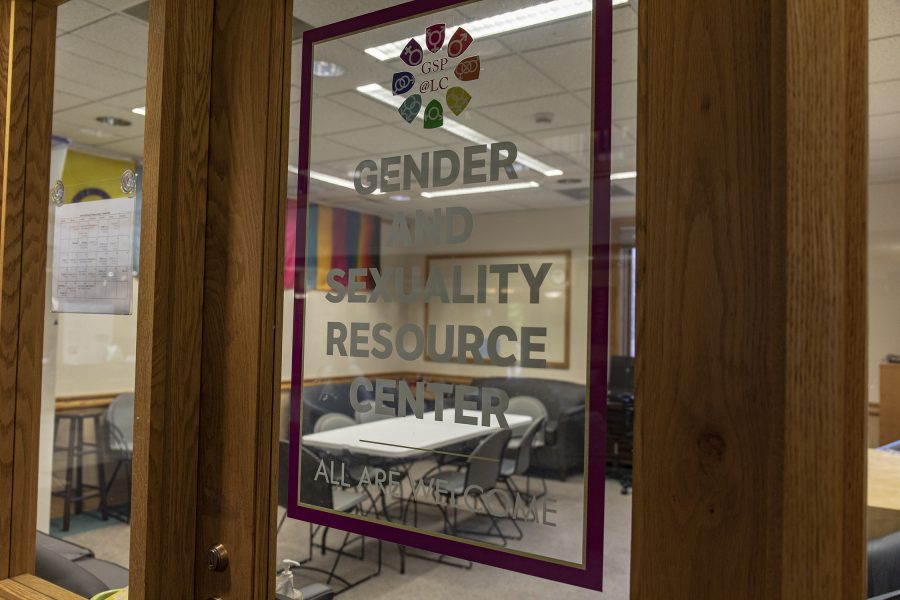Activism is centered on bringing about change for the greater good and fighting to end some injustice in society. Lofty goals are hard to reach and the road can be long to achieving these aims. This past Monday, the QuEST Office reminded Lafayette students to take care of themselves along the way.
QuEST, an organization that focuses on queer identities, held a discussion called “Activism Without Burning Out” in the hopes of helping student-activists identify their limits and manage their stress through an array of personalized self-care practices.
Counselors from Bailey Health Center Dr. Tyme Rodriguez and Dr. Asmita Pendse led the conversation by laying down the framework for the group discussion that took place afterwards.
The program began with a quote from Audre Lorde, which underscored the themes addressed throughout the hour: “Caring for myself is not self-indulgence, it is self-preservation, and that is an act of political warfare.”
Activism, as defined by the group of students in attendance, is an act that often requires someone to put themselves in uncomfortable and unfamiliar spaces in order to enact change that they are passionate about.
Burnout often occurs as a result of these physical and mental tolls “when you feel like you are doing so much, but are not seeing any rewards for all the effort you are putting in,” Rodriguez explained.
Students in attendance voiced their concerns with stress culture on campus.
“If you are not constantly stressed and constantly sleep-deprived, people assume you are not trying hard enough or that you are lazy,” one student commented.
Co-founder of the Mental Health Coalition Dan Goodman ’20 said that although he is “no expert on the topic,” he thinks that “at it’s core, good mental health is a driving force behind much of what gets us motivated and energized to tackle the day,” he wrote in an email.
He added that there is a “very common trend” of students trying to “one-up” their peers over each other’s workload, which ends “with everyone more stressed than they started, still saying to themselves ‘I definitely have it worse than they do.’ This isn’t a healthy practice, and the only good it serves is providing a sense of camaraderie that we’re all caught in the stress together.”
After the first half of the program, the group conversation split off into smaller group discussions based on quotes from activists detailing their relationship with self-care, which ranged from drinking water to keeping a happiness journal.
Both Rodriguez and Pendse echoed the quotes by highlighting the effects that self-care can have on one’s mental health, specifically as a way to combat burn-out.
“Take the time for yourself, view [self-care] as not just self-indulgence, but as something that you really need in your day to day life,” she said.
Administrative Liaison of QuEST Andrew Bachman ‘21 stated that the club knew they wanted to hold a program in collaboration with the Bailey counseling services and, “after one or two brainstorming sessions we decided on this topic, which felt like something that flowed very naturally between the two groups: mental health and activism,” he said in an interview.
QuEST hopes that this event sets a precedent for more clubs to co-sponsor events using the college’s resources, specifically counseling services.
“The turnout was a bit bigger than our general-body meetings and I am glad we got more people involved because it felt like a conversation that had a lot of valid points for a lot of people,” Bachman said. “I definitely felt like I learned a lot.”

























































































































